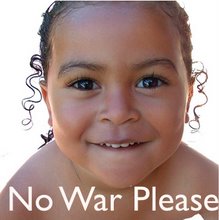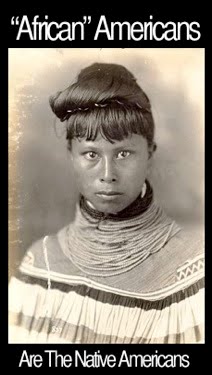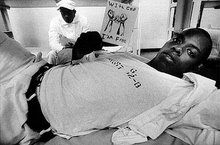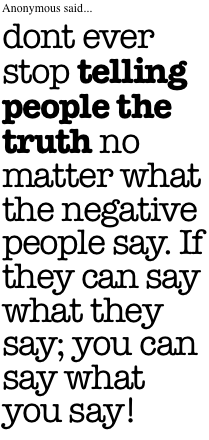Daily Mail
July 7, 2011
A glass of milk can contain a cocktail of up to 20 painkillers, antibiotics and growth hormones, scientists have shown. Using a highly sensitive test, they found a host of chemicals used to treat illnesses in animals in samples of cow's milk.
Wednesday, July 06, 2011
Subscribe to:
Post Comments (Atom)

















































































































5 comments:
Estrone and estradiol are female sex hormones. specifically they deal with a womans cycle and also tell your body to stop growing.
Too much estrone and a man will have breasts.
For ten years straight I was either in a state of gestation or lactation. Between '95 and '05 I may have menustrated ten times over that decade, effectively cutting my chances of female related cancers.
My children are all roughly two years apart. I often tandem breast fed. When my children weaned from the breast between ages two and three their milk intake ceased. My friends and family would often make crass, uninformed comments, sometimes in jest sometimes not. My breast pump bag was the source of many jokes and I was told on quite a few occasion how sick my co-workers were of seeing me lug it through the building.
Now they wanna know how'd it happen that I ended up with a house full of extremely bright and wonderful children that are rarely sick.
Here are some additional points:
- Milk is a whole food, intended for sucklings. When it is their diet their require no other source of nourishment not even water. Anyone that has breast fed or pumped knows that the first portion of milk to come down is nearly transparent and resembles skim; this is the water portion of this whole food. Moments later nutrients and the all important lipids are secreted. If the mother's diet is sufficient and healthy then the infant will require nothing more than her, hunger wise.
- Milk is species specfic. The chemical compostion of breast milk differs from one mammal to the next, which suggest that each animals milk is naturally and genetically germane to the suckling of that species.
-breast milk is free, convenient, never needs warming, requires no packaging or disposal...
-breast fed babies on average are healthier, smarter (them damn lipids), less likely to end up in jail...
-infant bottles, sippy cups and binkies often contain toxic chemicals such as BPA, PVC and pthalates.
S0 what about almond and coconut milk?
Well anon, my concern would be about the production process of those alternatives and the additives they use. Most use substance called carrageenan as a thickening agent. There's some contention about its effect on the body over time. Look into it and see what you come up with.
Mrs. DV hipped me to homemade almond milk when I weaned my older (at 18 months old) and my princess has been drinking it ever since. It's easy to make and is much cleaner.
The homemade kind will sour after a few days, even with refrigeration. The store bought kind has so much nasty in it that it can sit on shelves for weeks and probably months at a time, unrefrigerated, and not go bad. That should tell you something.
Another issue is the almonds themselves. In CA, where the majority of the world's almonds are grown, it is law that all almonds sold retail must be pasteurized or irradiated, i.e. completely denatured.
In addition to all the nasty that's added to the milk to increase its shelf life and the chemicals leaching from the packaging, the almonds used were probably murdered beforehand.
The loophole on the almonds is if you buy them directly from a farm, which is what we do.
So...to answer your question...almond milk is great if you make it yourself with truly raw almonds.
And as Nikki discussed, carageenan is a MSG equivalent, which you should avoid.
Dina
Post a Comment